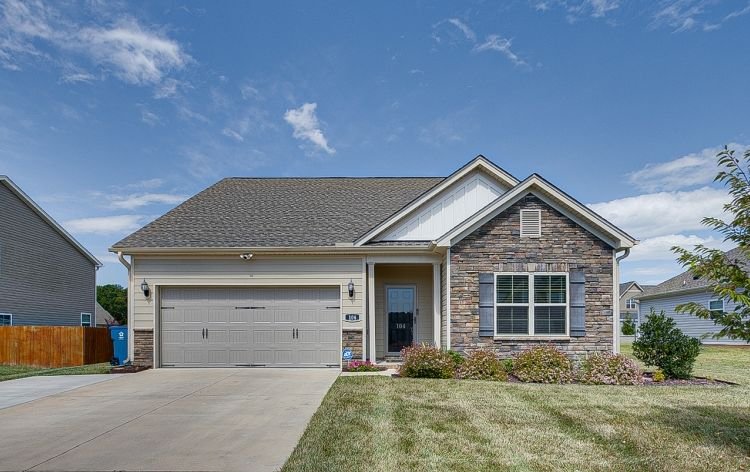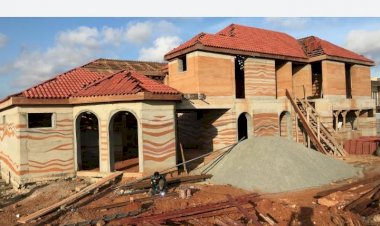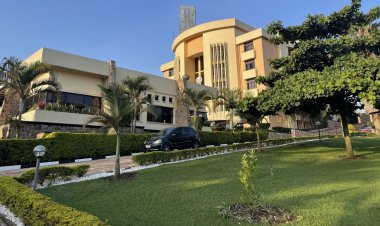A Comparative Analysis of Probate Sales and Foreclosure Auctions in Kenyan Real Estate
Probate sales and foreclosure auctions represent two distinct processes for selling properties. Both mechanisms are designed to facilitate the transfer of property ownership.

In the realm of real estate transactions in Kenya, probate sales and foreclosure auctions represent two distinct processes for selling properties. Both mechanisms are designed to facilitate the transfer of property ownership, but they arise under different circumstances and follow separate legal frameworks. This article explores the key differences between probate sales and foreclosure auctions in Kenyan real estate, shedding light on their respective characteristics and implications.
Probate Sales:
Probate sales occur when a property is sold as part of the probate process, which is the legal procedure for distributing the estate of a deceased person. These sales typically involve properties that were owned by an individual who has passed away and left the property as part of their estate. Probate sales are overseen by the court system to ensure a fair process and protect the rights of all parties involved.
Key characteristics of probate sales in Kenyan real estate include:
1. Court Involvement: Since probate sales are part of the probate process, they require court supervision. The court oversees the sale to ensure that it is conducted fairly and in accordance with the law.
2. Executor/Administrator: The sale is typically managed by an executor or administrator appointed by the court. This individual is responsible for the distribution of the deceased's assets, including the sale of any real estate.
3. Market Value: Probate sales aim to obtain a fair market value for the property. The property is typically appraised, and the sale price is determined based on the current market conditions.
4. Title Clarity: Probate sales generally provide a clear title to the buyer. The court ensures that all legal requirements are met and that any outstanding claims or debts against the property are settled before the sale is finalized.
Foreclosure Auctions:
Foreclosure auctions, on the other hand, occur when a property is being sold by a lender or financial institution to recover outstanding debt from the property owner. This process is initiated when the property owner defaults on their mortgage payments, leading the lender to exercise their right to foreclose on the property.
Key characteristics of foreclosure auctions in Kenyan real estate include:
1. Non-Judicial Process: In Kenya, foreclosure auctions are typically non-judicial, meaning that they do not require court approval. The lender follows the procedures outlined in the mortgage agreement and relevant laws to initiate the foreclosure and auction process.
2. Outstanding Debt Recovery: The primary objective of a foreclosure auction is to recover the outstanding debt owed by the property owner. The property is auctioned off, and the proceeds are used to repay the lender.
3. Competitive Bidding: Foreclosure auctions are public events where potential buyers bid on the property. The highest bidder usually wins the auction and acquires the property.
4. Title Risk: There may be potential title issues associated with foreclosure auctions. It is essential for buyers to conduct thorough due diligence to ensure that the property's title is clear and free from any encumbrances or claims.
Probate sales and foreclosure auctions in Kenyan real estate represent distinct processes with unique characteristics and implications. Probate sales involve the court-supervised sale of properties as part of the probate process, ensuring fair market value and clear titles. Foreclosure auctions, on the other hand, are initiated by lenders to recover outstanding debt, often through competitive bidding and with potential title risks.
If you have a real estate press release or any other information that you would like featured on the African Real Estate Blog Post, do reach out to us via email at [email protected]

 AREBP
AREBP 

























![7 Famous Architectures in Africa [PHOTOS]](https://realestateblogpost.com/uploads/images/2023/05/image_380x226_646c9c2bd8642.jpg)





